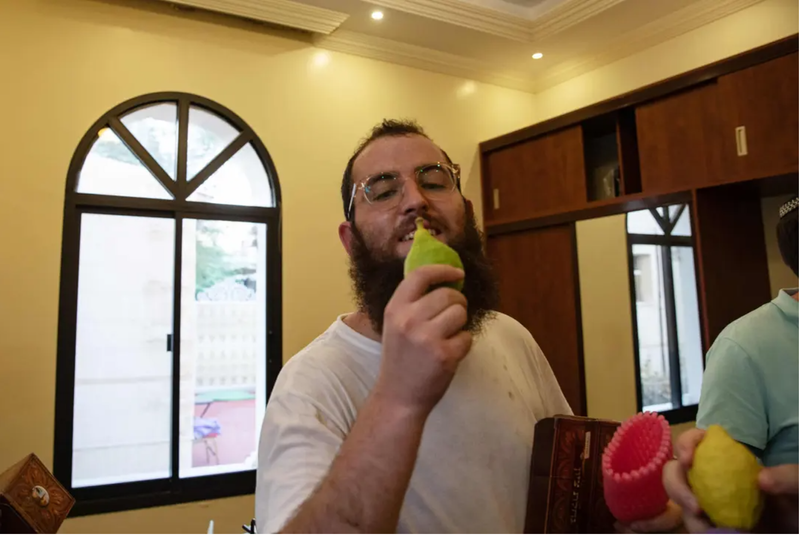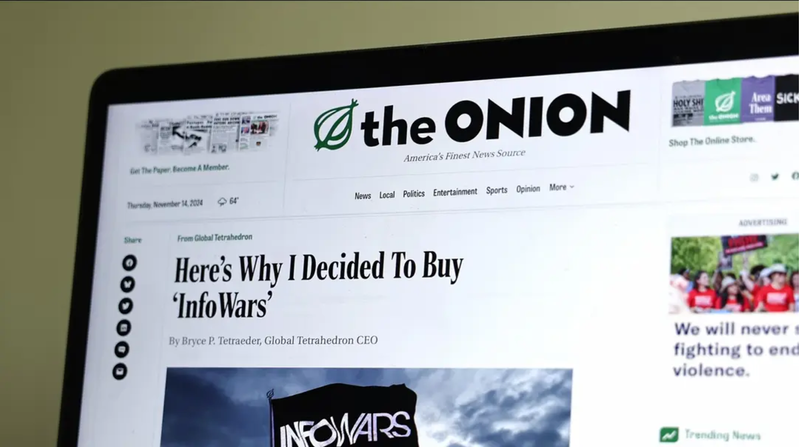UN Sounds Alarm Over US Execution Using Nitrogen Gas
The UN has urged the US to abort Alabama inmate Kenneth Smith's execution by nitrogen hypoxia — the first of its kind — claiming it risked subjecting him to 'cruel, inhuman or degrading treatment or even torture.'...
Facts
- The UN has urged the US to abort Alabama inmate Kenneth Smith's execution by nitrogen hypoxia — the first of its kind — claiming it risked subjecting him to 'cruel, inhuman or degrading treatment or even torture.'1
- Smith, sentenced to death on charges of killing a pastor's wife in a murder-for-hire scheme in 1996, was scheduled to be executed by lethal injection in November 2022 but had his execution rescheduled after the prison staff failed to establish a proper IV line.2
- After the botched execution, Smith reportedly asked the State of Alabama to execute him by nitrogen gas rather than lethal injection. He is scheduled to be executed using the alternate method between Jan. 25 and 26.3
- However, a federal judge is reviewing whether to stay the execution, as Smith and his attorneys have argued that a second execution attempt is unconstitutional, that the untested method could cause pain and suffering, and that a fitted nitrogen mask would prevent Smith reciting his final prayers.4
- Meanwhile, the UN Special Rapporteurs have warned that the country's first execution by nitrogen gas would 'likely violate' international prohibitions against torture, adding there's 'no scientific evidence' proving it will not cause 'grave suffering.'4
- Last year, the UN reiterated its call for universal abolition of the death penalty. Though it's use is restricted to the 'most serious crimes,' the organization argues that, 'in practice, it is almost impossible for States to impose the death penalty while complying with human rights obligations.'5
Sources: 1www.reuters.com, 2CBS, 3CNN, 4Forbes and 5OHCHR.
Narratives
- Narrative A, as provided by Al Jazeera. As bad as execution by lethal injection is, asphyxiation by nitrogen gas is an even less humane way to end human life. Rather than relying on the more palatable pretext of execution by intoxication — as effectively happens through lethal injection — the shift towards nitrogen gas replaces this with pure suffocation, meaning the experience wouldn't even be softened by any kind of anesthesia. This method cannot be morally justified.
- Narrative B, as provided by Wall Street Journal. While critics may cite a lack of testing behind the use of nitrogen gas, it is clear that this method — if conducted with the same levels of care and diligence as any other execution — could result in a painless loss of consciousness and dignified end of life. As it has the potential to provide a painless means of execution without the use of difficult to source drugs or poisons, or invasive medical procedures, more research must be done into asphyxiation through pure nitrogen so as to remove barriers to its use in executions.







